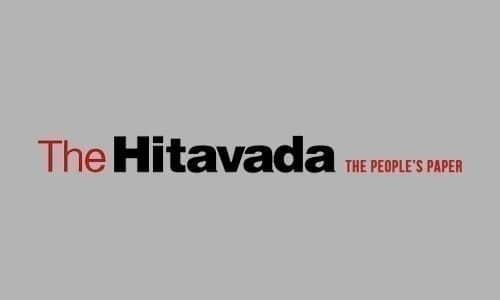The moral compass
| Date :26-Oct-2023 |

BY SMITA CHANDAR TOLANI
AS PER the definition, moral intuition is a spontaneous moral judgement, typically about a particular problem, a particular act, though there are intuitive apprehensions of moral rules and principles as well. The well-known example of the moral dilemma is the classic trolley problem. Suppose you are the driver of a trolley, whose brakes have just failed. On the track ahead of you are five people; the banks are so steep that they will not be able to get off the track in time. The track has a spur leading off to the right, and you can turn the trolley onto it. Unfortunately, there is one person on the right-hand track. You have a switch that can turn the trolley, killing the one; or you can refrain from flipping the switch and turning the trolley, killing the five. If what people who say “Killing is worse than letting die” mean by it is true, how is it that you may choose to turn that trolley? Would you flip the switch or do nothing? It is rightly said,
“Your actions produce reactions that follow you like shadows. Just as a tall person’s shadow is tall and a short person’s shadow is short, ugly words will produce ugly echoes, and good intentions will produce good reactions. For every action there is a reaction, and for every cause there is an effect.”
— Lieh-tzu, Daoist text
This scenario probes our moral intuition and can be used to various other situations in life where our moral judgement is crucial. Not everyone answers the dilemmas in the same way, and even when people agree, they may vary in their justification of the action they defend.
The basic idea is to test your feelings about killing versus letting die: whether intentions or outcomes matter.
As our technologies become increasingly capable of making moral decisions, understanding our own moral intuitions becomes all the more crucial. The choice to flip the switch or not decides the outcome and that will be the basis of our moral compass. These choices reflect our “moral intuitions”. And one might think that although they aren’t definitive, moral intuitions have to be the basis of moral theory. Part of what is characteristic of a moral dilemma in my opinion, is that it something that challenges the personal value system upon which we identify ourselves, and it is a scenario in which we have the ability to intervene. Under such a scenario, knowing to have the ability to intervene and choosing not to, would put us in a position where our inaction would, much as our action would have, serve to define us.
The Trolley scenarios are not the ultimate criterion to make ethical decisions in difficult ethical challenges in many cases but they do serve as an initial intuitive guide.
A book by Kenan Malik “ The Quest for a Moral Compass” confronts some of humanity’s deepest questions. Where do values come from? Is God necessary for moral guidance? Are there absolute moral truths? It also brings morality down to earth, showing how, throughout history, social needs and political desires have shaped moral thinking. It is a history of the world told through the history of moral thought, and a history of moral thought that casts new light on global history. Our moral compass as a species needs to be recalibrated. What we need is a new enlightenment marked by real moral and social advances guided by the golden rule: “Do unto others as you would have them do unto you.”